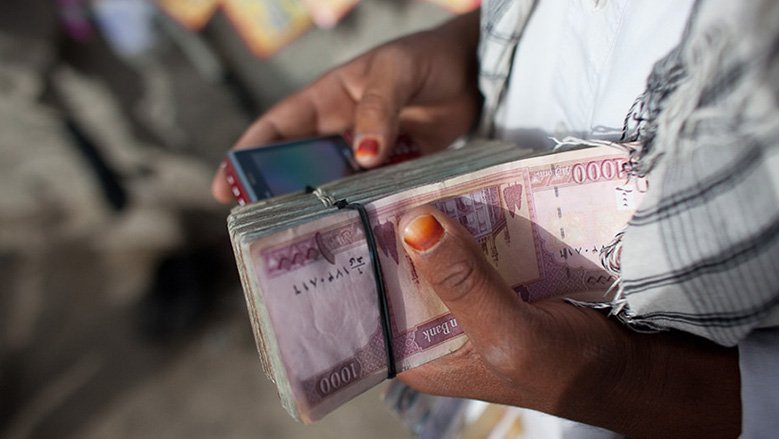Reinstate GEMs 2.0 on the G20 Agenda Now: Letter to G20 Brazil Presidency
Dear G20 Brazil Presidency and G20 Leaders,
I write to you today with a profound sense of urgency, calling upon the leadership of Brazil’s G20 Presidency to reinstate the exclusion of the GEMs 2.0 (Global Emerging Markets Risk Database) recommendations implementation from the Brazil G20 agenda. This decision threatens the financial stability and development prospects of our continent, exacerbating the economic, climate, and societal challenges we already face.
Implementing the GEMs 2.0 framework is indispensable for managing risk in emerging markets, particularly in Africa, where access to capital is often hindered by perceived and real risks. The implementation of GEMs 2.0 by Multilateral Development Banks (MDBs) is essential to ensure that our countries can secure financing at more favorable and equitable rates. Without the continued leadership of the G20 in implementing the GEMs 2.0 recommendations, we are left to face higher capital costs, which will strain our economies, escalate debt burdens, jeopardize our credit ratings, and fuel societal unrest.
The non-implementation of GEMs 2.0 costs developing countries and emerging markets an excess of $15.6 billion annually in unnecessary interest payments on loans. This financial burden is compounded by lost opportunities, as potential investments are discouraged by elevated capital costs. These losses are a direct consequence of the G20’s GEMs 2.0 recommendation being flagrantly and artfully ignored by MDBs and the GEMs Consortium Secretariat leadership.
This issue is not isolated. MDBs have historically resisted implementing G20 GEMs recommendations, and this reluctance has consistently imposed a high price on our debt and hindered our progress toward sustainable economic development goals. The removal of GEMs 2.0 from the Brazil G20 agenda sends a troubling signal, emboldening MDBs to continue disregarding the urgent reforms needed to support Africa, particularly at a time when Official Development Assistance (ODA) flows are declining. It also raises doubts about Brazil’s solidarity with fellow emerging markets and developing countries, especially when Brazil holds the privileged G20 leadership position, ideally suited to champion issues that would benefit emerging markets, developing countries, and global financial stability alike.
For African nations, this decision is particularly alarming. As our economies grapple with higher borrowing costs and the threat of credit downgrades, the social and political fabric of our countries is at risk. MDB debt conditionality has already led to economic instability and unrest, threatening the peace and progress we have worked so hard to achieve.
We urgently call on the G20, under Brazil’s presidency, to reconsider this decision, mindful of Africa’s voice and needs as a G20 member. Reinstating GEMs 2.0 on the agenda is not just a financial necessity; it is a moral imperative and a crucial step towards demonstrating that the G20, under Brazil’s leadership, is committed to supporting emerging markets and Africa’s debt management and proposed multilateral financial system reforms. The G20 has the power to ensure that MDBs take the necessary steps to implement this no-cost GEMs2.0 reform, significantly enhancing the resilience of African and emerging market economies and contributing to global financial stability.
We respectfully but strongly urge the G20 Brazil Presidency to reinstate GEMs 2.0 to the Brazil G20 agenda. This is not just about financial frameworks; it is about the future of our nations and the well-being of people, the planet, and nature.
Sincerely,
Dr. Hubert Danso
Chairman, African Union Continental Business Network (CBN)
Co-Chair, Sustainable Markets Initiative (SMI) Africa Council
Chairman, Africa Investor Group










